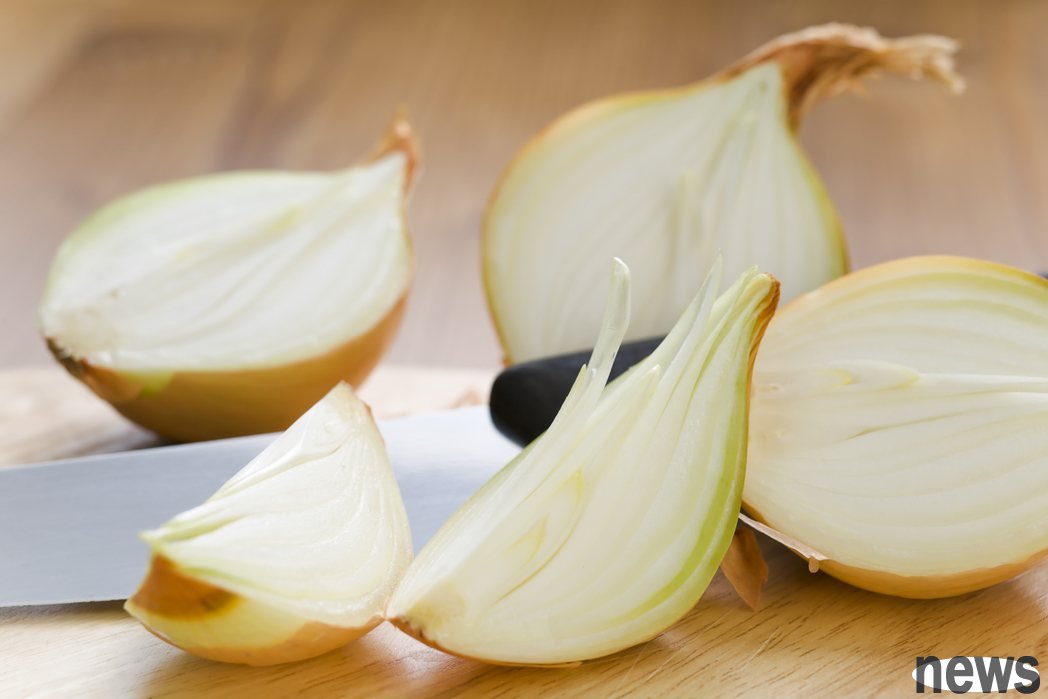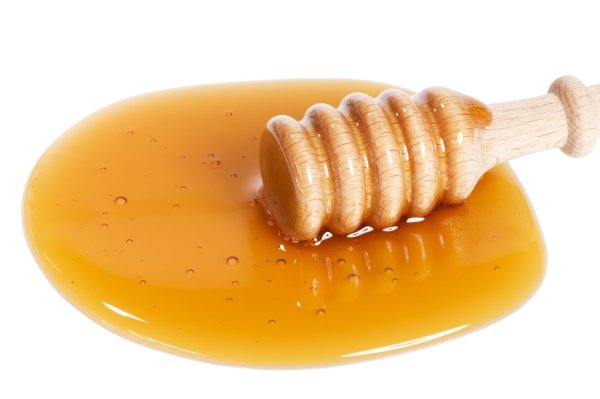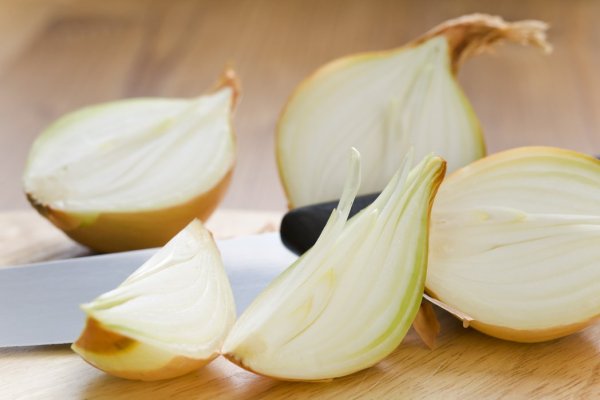Study reveals that the dietary fiber contained in 3 kinds of vegetables can reduce the harm of sugar to the body

Research from the University of California, Irvine (UC Irvine) found that dietary fiber not only helps digestion, but also protects the body from sugar damage at the molecular level. The natural fiber "inulin" present in onions, garlic and artichokes can change the intestinal flora and break down fructose before it enters the liver, preventing fat accumulation and liver disease, and opening up a new direction for sugar metabolism and personalized nutrition.
According to the New York Post, a study published in Nature Metabolism by a team from the University of California, Irvine, pointed out that inulin, which is present in onions, garlic, artichokes and other vegetables, can reshape the intestinal bacteria and break down fructose before it enters the liver.
{9 99}The research was conducted by the Nutrient Laboratory of Nutrition, Metabolism and Disease at UC Irvine. Cholsoon, director of Metabolism Disease Lab Jang is in charge, he pointed out, "The intake of dietary fiber such as inulin can change the intestinal flora so that it actively consumes harmful dietary fructose."
Studies have pointed out that dietary fiber not only helps digestion, but also protects the body from sugar damage at the molecular level. The research team found that when people consume fructose, which is commonly found in fruits and sugary foods, the bacteria in the small intestine can metabolize the fructose first to prevent it from entering the liver. However, if fiber intake is insufficient, fructose will "overflow" to the liver, causing fat accumulation and liver burden. Experiments have shown that when intestinal bacteria feed on inulin, these microorganisms "preemptively burn" fructose before it reaches the liver, thereby avoiding subsequent metabolic damage.
What is even more surprising is that these bacteria "activated" by inulin can not only prevent the development of fatty liver, but also reverse early signs of fatty liver, reduce liver fat accumulation and enhance antioxidant capacity. The researchers pointed out that this study proves that "not all calories are equal" but depends on how the body processes them. "Studies show how fiber helps the body resist harmful nutrients such as fructose."
Zhang Zhexun said that metabolic damage is not limited to obese people. Even if they appear healthy, if the intestinal flora cannot properly handle excess fructose, liver stress and insulin resistance may occur.
"By determining which intestinal bacteria and metabolic pathways are involved, our findings can provide guidance for personalized nutrition strategies," Zhang Zhexun said, adding that follow-up research will explore whether other common fibers in addition to inulin can produce similar protective effects.
In addition, the significance of this research also goes beyond the laboratory, because once certain fibers can "train" the intestinal flora to neutralize sugar before it harms the liver, new directions for the treatment of fatty liver, diabetes, obesity, and even cancer may be developed in the future. The research team emphasized that the current results show that dietary fiber not only helps digestion, but is also an important line of defense for maintaining metabolic health.
Zhang Zhexun concluded, "For example, if the efficiency of an individual's intestinal flora in clearing fructose can be measured, the most suitable prebiotic or probiotic supplement can be selected to improve the effect and reduce side effects."















